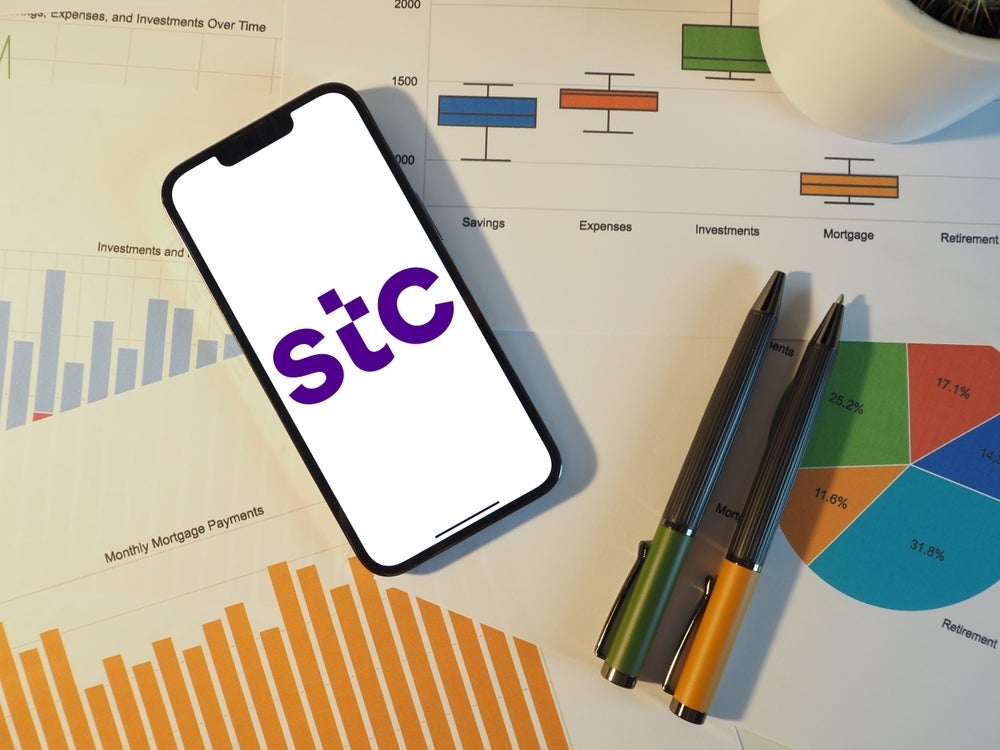While Visa and MasterCard battle it out to expand in
Europe’s debit card market, and to convince issuers of the benefits
of internationally-branded schemes, one European player is touting
itself as the only true SEPA-compliant debit scheme. And, as
Victoria Conroy reports, PayFair is rapidly gaining
traction.
ith debit cards being the dominant
payment method across Europe, Visa and MasterCard have made no
secret of their desire to strengthen their footholds using their
respective debit schemes. But over the past few years, there has
been growing disquiet among European banks, and more importantly
European regulators, about Europe’s debit card market being
dominated by US-headquartered payment networks, even though Visa
Europe operates as a membership association and a separate entity
from the rest of Visa.
For the past few years, the
European Commission has urged European banks to explore the
possibility of establishing an independent debit scheme, and
although some banks have held intermittent discussions, the
establishment of such schemes has been stalled by confusion over
what form they would take: whether they would be developed and
implemented completely from scratch, or whether they would leapfrog
on the back of existing ATM and debit network infrastructure across
Europe.
So far, only three firm
alternatives to the status quo have emerged – Monnet, PayFair and
the Euro Alliance of Payment Schemes (EAPS). All three are at
varying stages of progress, but PayFair, a private initiative
comprising a merchant-orientated debit card scheme based on the
four-party model, has scored some notable successes in recent
months, having initially been overshadowed by the other two.
The PayFair processing platform,
which was built by US IT specialist Unisys, was delivered at the
end of April 2009, and supports acquiring processing, switching and
issuing processing. While PayFair is only anticipating to market
the central switch capabilities and the issuing processing services
(to support non-bank issuers), the acquiring function is mainly
designed to enable PayFair to enter markets in case acquirers may
not be ready.
How well do you really know your competitors?
Access the most comprehensive Company Profiles on the market, powered by GlobalData. Save hours of research. Gain competitive edge.

Thank you!
Your download email will arrive shortly
Not ready to buy yet? Download a free sample
We are confident about the unique quality of our Company Profiles. However, we want you to make the most beneficial decision for your business, so we offer a free sample that you can download by submitting the below form
By GlobalData
The PayFair
proposition
The premise of PayFair is that of a
“truly European payment scheme for cards that caters for low cost,
pricing transparency and independent governance”.
One of the key principles of the
PayFair scheme is that all players get a fair compensation for the
services rendered to the other players in the transaction
processing value chain, with a transparent list of service fees
that relate to real transaction processing activities.
PayFair also claims to provide a
tangible service differentiation to merchants by enabling them to
choose which level of payment service they really need.
The PayFair business model promotes
the following features:
- Flat fees for intra-parties POS
fees, and%age fees being only used for low value payments in order
to promote cash displacement; - Low cost product structure;
- Common business model and fee
levels across SEPA; - Guaranteed payments;
- Possibility of non-guaranteed
payments with direct debit collection by merchant based on the IBAN
and switch code present in the EMV chip; - The PayFair scheme is SCF (SEPA
Card Framework) compliant; - EMV terminals (for chip
implementations); - PIN is validated offline by the
terminal but all transactions go technically on-line for
authorisation; - Cards support multiple EMV
applications, including PayFair debit, deferred debit or
credit; - Card authentication application
(for remote cardholder authentication); - Contactless payments based on NFC,
using card or mobile implementations; - Merchant loyalty identification is
supported; - Authorisation and clearing is
based on national standards as well as on ISO 8583 following the
Berlin Group’s specification and ISO 20022; and, - PCI-DSS compliant.
In November 2009, PayFair announced
the launch of its card, under the banner of ‘one card for one
Europe’, and the first payment was undertaken in a supermarket in
the Belgian town of Colruyt via terminal infrastructure supplied by
French vendor Atos Wordline.
PayFair stated that more retailers
in Belgium would begin accepting PayFair cards throughout 2010, and
that it also expects to launch in Germany with card transaction
service supplier easycash.
France and the Netherlands are the
two other key markets that PayFair has set its sights on. PayFair
claims to have an issuing pipeline of around 2.5m cards, and
further commitments are expected to be made before end of the
second quarter of 2010.
Banks reluctant to sign
up
In Belgium, PayFair’s ramping of
activity has been driven by the phasing out of the national debit
scheme Bancontact/Mister Cash, scheduled for the end of 2010, and
although major banks in Belgium such as KBC have stated that they
will go with MasterCard’s Maestro solution, others like BNP Paribas
are rumoured to be looking at supporting multiple schemes.
However, PayFair is finding it
difficult to convince banks to sign up for PayFair, given that it
must be linked to a debit cardholder’s bank account – something
that banks are not willing to countenance just yet.
In the meantime, PayFair is
concentrating on convincing merchants of the benefits of its
business model, in the hope that by gaining a significant amount of
merchants, banks will follow lest they lose out on transaction
volumes.
On 29 April 2010, it was announced
that PayFair had teamed up with CCV, a Belgian independent terminal
supplier, in a bid to bolster its commercial marketing offer to
PayFair-accepting merchants in Belgium, offering them “substantial
savings”, particularly to smaller merchants.
According to PayFair, the offer for small businesses would be
more beneficial to 250 transactions per month paid via credit card.
For merchants with high volumes of electronic transactions, the
offer will be defined from the annual volume of transactions.






